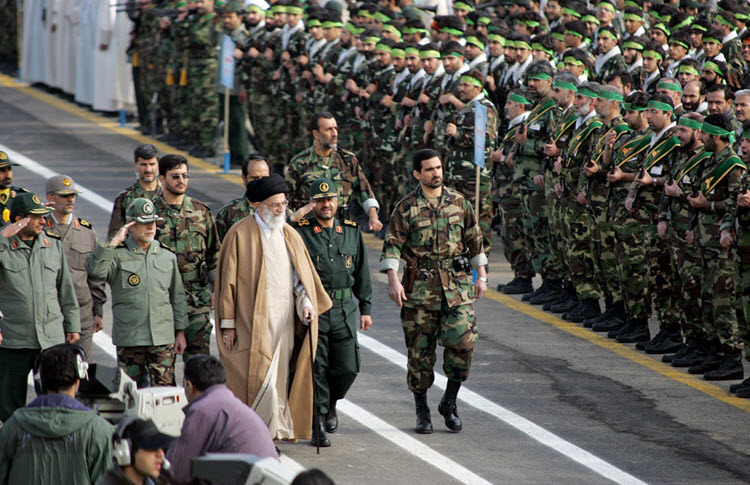
Iran Focus
London, 7 Dec – Few details have been disclosed regarding the Iranian budget that was recently submitted to parliament. Because Iran is under tremendous economic pressure as U.S. sanctions have come into effect, transparency in the budget approval process this year is not expected. However, in a news conference on December 6th, the head of the Planning and Budget Organization, Mohammad Bagher Nobakht, promised that President Hassan Rouhani will unveil details later.
He said, additionally, that next year’s budget is 12% more than the budget for the current year — possibly reaching 4,330,000 billion rials. With the higher dollar exchange rate, the figure in dollars will come to around $75 billion, or $29 billion less than the budget that passed last December.
Last year’s budget was characterized by its transparency, and revealed allocations of funds to favored institutions. Next year’s budget bill will not be, as last year’s budget transparency sparked the nationwide protests that rocked Iran from December 28 through January 2018.
Iran’s budget allocated finances to government institutions that suppress dissent, propagate state ideology, and distribute benefits to a privileged few. Iran’s budget appears to be about “taxation effect” and “spending effect”, with tax exemptions and subsidies for only a few.
Tax revenues constitute a small share of the government’s budget. Also included are the financial resources that are allocated to government supporters and institutions that suppress dissent, as well as those that promote the government’s religious ideology and political agenda. Companies and institutions linked to Supreme Leader Ali Khamenei, the Islamic Revolution Guards Corps (IRGC), the holy shrine of Mashad, and Shiite seminaries are tax exempt. Many also receive government subsidies.
Yaqoub Mazreali, Western Azarbijan province’s Tax Office Chief has stated, “Nearly 40 percent of the Iranian economy is legally tax exempt and tax evasion is around 30 percent.”
The “taxation effect” — which includes tax exemption and tax evasion — along with the “spending effect” — the allocation and use of government funds — leads to budget deficits. Budget deficits cause inflation and leads to devaluation of the national currency. Budget deficits also result in the government being unable to complete infrastructural development plans. Budget deficits also cause low economic growth and high unemployment.
Iran’s economy in comparison to other oil exporting countries like Norway and Canada, shows that discriminatory allocation of funds is not inevitable in oil-based economies.
The factors that lead to allocation of funds to the privileged few are:
– opposition to modernity
– apocalyptic thinking
– ethnic disputes
– low living standards
– inappropriate demographic structure
– widespread illiteracy
Basing the economy on privileges and discrimination is not effective or profitable. A thriving economy needs balanced and sustainable growth, and integrated development.


